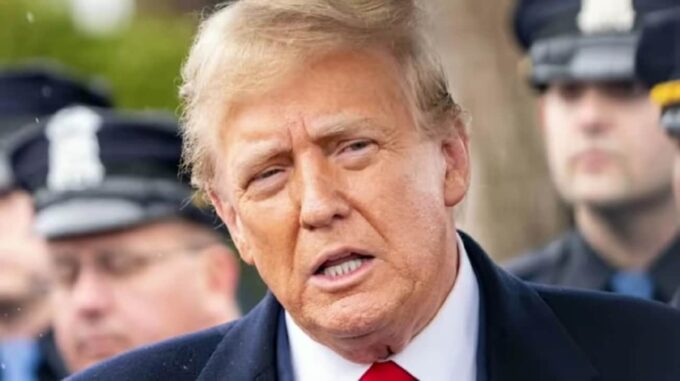Ahead of Donald Trump’s scheduled visit to Saudi Arabia, the U

S. administration made an important decision regarding extensive military support for the region. According to Bloomberg, Washington approved a missile sale worth approximately $3.5 billion, marking a significant step in strengthening defense cooperation between the two countries ahead of the high-level trip of the American president. This decision received approval from the State Department and was officially communicated to Congress — it aims to demonstrate the U.S. commitment to bolster its position in the strategically important Persian Gulf region while simultaneously applying diplomatic pressure on Iran. According to reports, this approval includes the sale of 1,000 modern AIM-120C-8 air-to-air missiles with medium range, as well as 50 guidance and control sections and technical support — all of which will contribute to enhancing Saudi Arabia’s defensive capabilities. Additionally, the U.S. intends to provide logistical, technical, and software support to enable regional allies to maintain a modern level of armaments and ensure their effective operation. This cooperation underscores Saudi Arabia's strategic partnership status in the eyes of Washington: officials have described the country as a "key partner in promoting political stability and economic progress in the Persian Gulf region." The decision also supports the Pentagon’s ambitions to contain Iran’s influence and stabilize the situation around the Kingdom. It is expected that during the visit scheduled for mid-May, Trump will meet with Saudi royal leadership and also visit the United Arab Emirates and Qatar to further enhance the strategic use of military cooperation tools and economic diplomacy. Prior to this, the U.S. president stated that his trip would take place after the kingdom agrees to spend about one trillion dollars on American military equipment and other goods, reflecting Washington’s desire to solidify its position in the region and secure economic benefits for the U.S. military-industrial complex. This move indicates a new level of strategic partnership and military armament, emphasizing the importance of the Persian Gulf region for global security and the economy. Strengthening military ties between the U.S. and Saudi Arabia is not only a response to regional security challenges but also part of a broader geopolitical strategy by Washington to enable stability and reinforce its global position.

